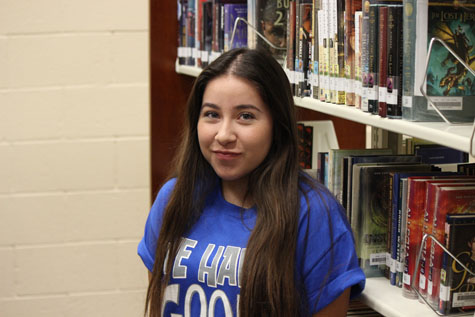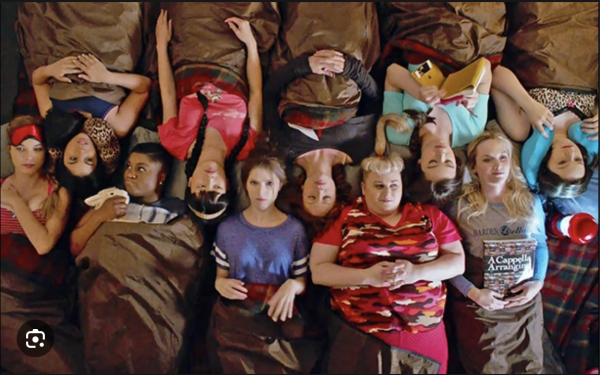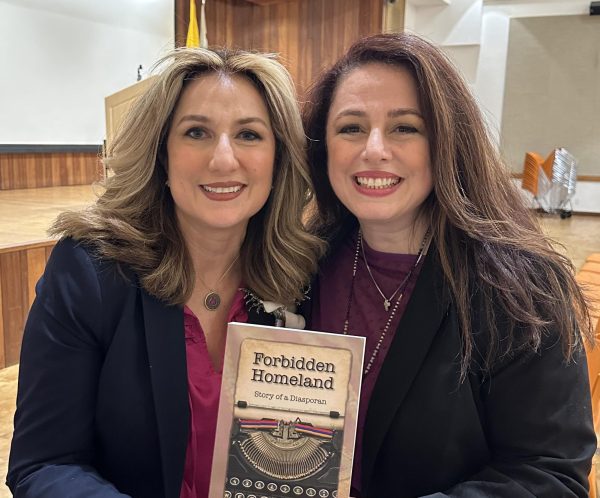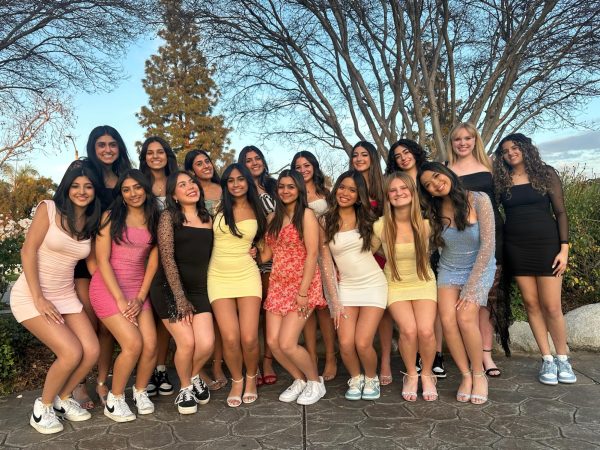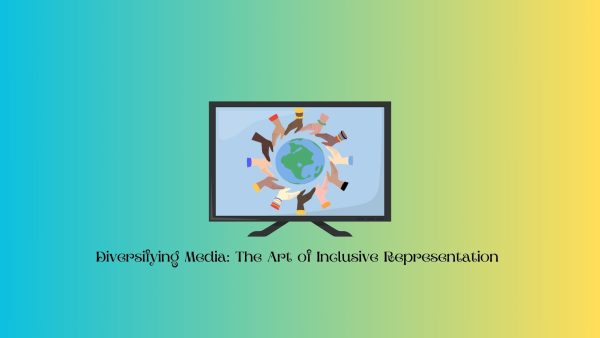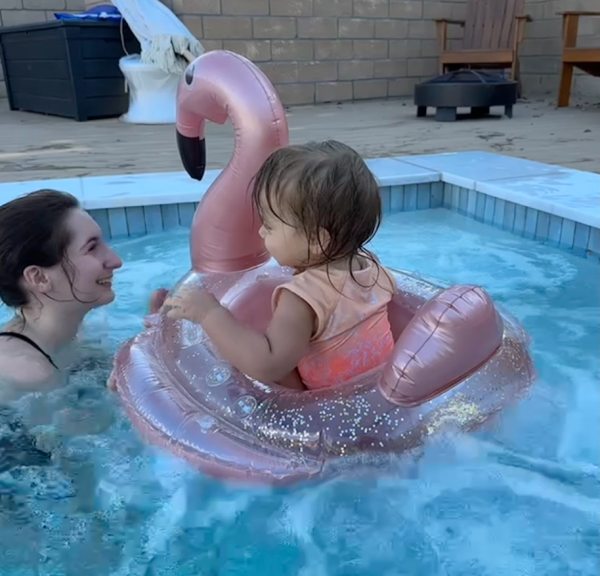Hope Solo–Double Standard Controversy
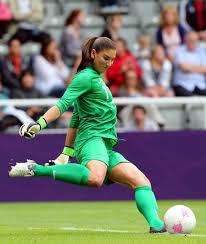
November 6, 2014
As the U.S. women’s national soccer team pursues a position in next summer’s World Cup, goalkeeper, Hope Solo, awaits the outcome of her trial hearing for two counts of misdemeanor domestic violence in an alleged assault of her half-sister and her 17-year-old nephew. Solo’s continuous presence on the team’s roster has been a source of heated debate about whether there is–in fact–a double standard for men and women accused of domestic violence.
Earlier this year, NFL stars Ray Rice, Greg Hardy, Jonathan Dwyer, and Adrian Peterson (all accused with the same crime as Solo), were forced to pay the harsh repercussions of their actions as the NFL attempted to grapple with its domestic violence crisis. Rice is appealing to an indefinite suspension by the NFL and was cut by the Baltimore Ravens after knocking out his fiancé. Carolina Panthers’ Hardy is appealing his conviction of assaulting his girlfriend. Minnesota Vikings’ Peterson was arrested on a child abuse charge. Nike, a sponsor of both Rice and Peterson, immediately dropped both players from their sponsorship after news of their domestic violence charges broke out to the public.
However, unlike some of NFL’s most valuable players, Solo, their female counterpart, continues to extend her shutout record on the soccer field and be a role model figure to many young women in the community. In the midst of all her negative press, Solo also remains a Nike sponsored athlete—contrary to Peterson and Rice’s harsh punishments due to political pressure.
A former teammate, Jilian Loyden, voices her struggles with coach, Jill Ellis’, decision to allow Solo to play in upcoming games; “I cannot stand by as young fans receive the message that this behavior — even if the allegations proved to be inaccurate — can go unnoticed. They need to communicate that domestic violence is never okay and that it will not be tolerated.” A fellow Mustang, Julia Chabot (12), adds that “just because a male [as opposed to a woman] was victimized in this case, doesn’t mean the issue should be handled any differently than those of the NFL players.”
In an attempt to defend Solo and himself, Ellis, refutes Loyden’s comment—“There was a lot of thought and a lot of discussions within U.S. Soccer, and certainly we acknowledge that these are very serious issues, but after careful thought and consideration we just determined to stand by our decision to let this legal process play out and have Hope remain with the team.”
Granted, Solo’s goalkeeping record is important for women’s soccer, but is it enough to excuse an accusation of domestic violence?


